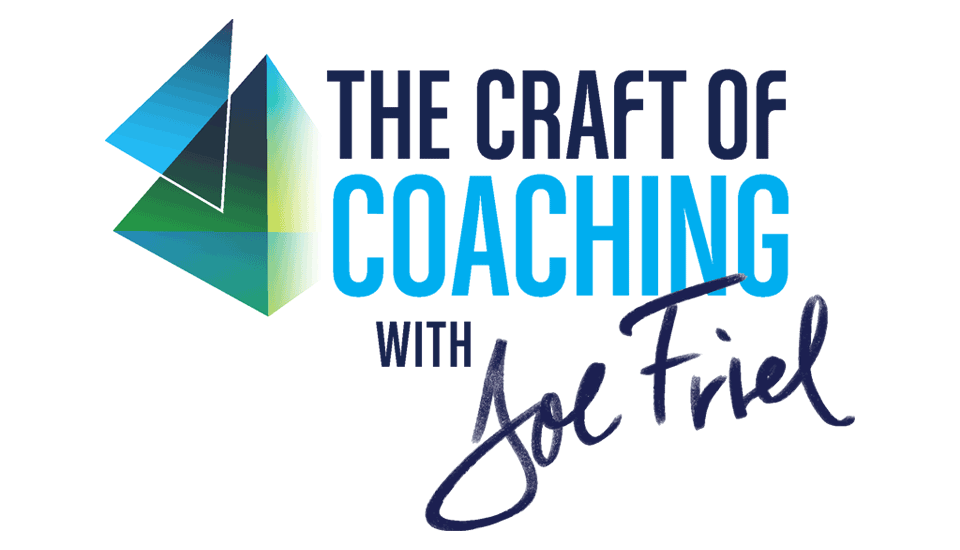Coach Philip Hatzis: From Training Camps to Training Coaches
When and why did you start a coaching business?
I started the business in 2010 while at university. Initially, I was all set to go into the Army. However, Tri Training Harder took over. A couple of friends and I set up the business to get some work experience as we needed a summer internship while at university. The economy was in recession at the time and there was nothing going on, so we took matters into our own hands.
I originally set it up as a training camp business, but I quickly realized that our unique selling proposition was that we offered coaching. Over the years, we refined this more and more. Today we see ourselves as a coaching company servicing the needs of both athletes and coaches.
How did you structure the business initially, and how has that changed over the years?
We exclusively offered training camps for the first three years. We came to realize that people came back not just for the quality of the camps, but to receive more coaching advice. We were making a difference. Gradually, we took on more private clients, and today this is easily the biggest part of our business. We still run training camps in multiple locations, but our aim as a business now is to remove barriers for coaches and get them coaching rather than doing the parts of a business that they don’t enjoy. This means all of our services are focused on coaching, and training camps are more than an escape to a warmer location—it’s all about coaching. We have been happy to grow our team of coaches and support them in any way we can.
At Tri Training Harder we spend a lot of time working internally to develop our coaches. In fact, we are all passionate about becoming better versions of ourselves. Although we have a hierarchical pricing structure, we create a culture where all coaches have an equal say, and we encourage a healthy challenge! From the start we recognized that there was a clear gap between a newly qualified coach and the standard to which we held our coaches. Now, all our coaches, regardless of experience or qualification, undergo the same process to ensure a consistent standard of coaching and a mutual understanding of the team. Of course, more experienced coaches will complete the process more quickly. Still, there is a great mentoring and feedback loop in place to facilitate a collaborative approach to professional development.
What would you have done differently?
I would love to start where I am today. In five years’ time, my answer will probably be to start wherever I am then. In creating a business, you start out only knowing a fraction of what you need to know. The rest comes as you go through the process; it is a learning journey. Therefore, we continually reflect and try to improve the way we operate. Every year I find myself saying, “I wish I had known that 12 months ago!”
What key lessons do you have to share with other coaches?
Be really clear on what it is you are trying to do.
It has taken a long time to get to the bottom of what we are trying to do and who our best customers are. Part of that was as a result of extenuating circumstances—significant price increases from suppliers, Brexit, and, more recently, the Pandemic. Nevertheless, these all forced us to change our approach and evolve.
What, at first, feels like a disaster is always an opportunity.
I’ve had to force myself to see it this way. It’s the most important thing I’ve learned
How do you see the future of your coaching business?
Our vision is simply to create a sustainable career for professional coaches; from there, we are able to continue on our mission of helping ordinary people achieve extraordinary dreams through empowered, highly-skilled, and passionate coaching. As a company that continues to evolve, I am sure that the path towards that will consistently chop and change as new opportunities arise.
In order to get there, we need to continue to grow our coaching ranks and link coaches with athletes. Ultimately, we want to create more opportunities for coaches either through supporting their own enterprises or implementing more centrally organized efforts.
